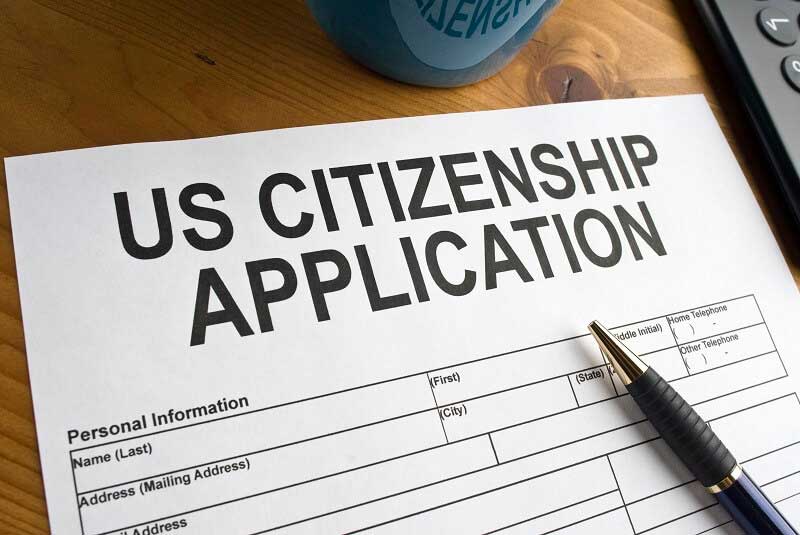Jamaicans who are awaiting approval of applications filed by relatives to migrate to the US as well as those who plan to have relatives file for them, could have their dreams shattered if new immigration plans announced by the Trump administration are actually implemented.
This is so because under the proposed new rules, the number of green cards to be issued to persons whose relatives have filed for them will be drastically reduced. It appears that family reunion green cards will be restricted to immediate family members, meaning spouses and children, rather than parents and adult siblings. Some 20,000 Jamaicans migrate to the US annually, the majority of whom do so on the basis of being sponsored by a relative. With these proposed changes, far fewer Jamaicans will qualify for green cards to join family living in the US, a prospect that understandably has caused jitters within the Jamaican immigrant community in the US and their hopeful relatives back home. Even those who are currently waiting for green cards under the existing system face the prospect of either being rejected or being required to re-apply as their current application could be considered null and void.
Not All Gloom and Doom
The new immigration rules are not to be interpreted as ‘locking out Jamaicans’ but if positively viewed could open the door for young skilled Jamaicans, many of whom graduate from tertiary institutions and are unable to find jobs in Jamaica. They will be the main beneficiaries of the proposed change which will place emphasis on merit by being allocated 57% of green cards to be issued. To show how drastic the change will be, currently only 12% of those now receiving green cards are on the merit system compared to the 66% allocated to family-based applications.
Who the US is looking For

If you are a young exceptional student, a professional, a highly-skilled worker or a person with a high level or a vocational degree, the new system will likely benefit you. But having the high level education or skills wont be enough; you will have to show a facility with the English language, sit a civics test – both of which should be a breeze for any Jamaican graduate – and show you can financially support yourself, typically by having a job offer. Irwine Clare who runs the New York-based Caribbean Immigration Services and who has for decades encouraged and helped hundreds to become US citizens, fears that the new rules could be an inducement for more skilled Jamaicans to migrate, thus further contributing to the country’s brain drain.
Should Jamaican Families Panic?
Significantly, the plan does not reduce the overall number of green cards issued which stands at about one million annually. Also it does not address what to do about the millions of immigrants living illegally in the country. Clare who is an old hand at this game says Jamaicans shouldn’t panic – at least not just yet. He believes that there is an element of postering, a testing of the waters as both political parties enter the 2020 Presidential election season. The democrats are known to support and will most likely favour continued family-based immigration, indicated by House Speaker Nancy Pelosi’s tongue-in-cheek query “is family without merit?”. Clare is encouraging Jamaicans who are desirous of filing for family members who currently qualify, to do so now as they could be ‘grand-fathered’ into the system. At the same time he warns that whichever way things go, some family reunification categories could be eliminated, including parents filing for children over 21 years of age as is now possible.
To show the seriousness of his intent, President Trump has now signed into action a provision that requires sponsors of legal immigrants to reimburse the US government for any social services such as Medicaid or welfare used by immigrants. Under the provision, each future sponsor of an immigrant will be required to sign an affidavit that would spell out the financial responsibilities for the sponsored immigrant and create a collection mechanism to recover funds from the sponsor. This move, which is meant to make the person sponsoring the immigrant responsible for any medical or financial benefits the immigrant receives, will according to Irwine Clare “have very serious implications for the immigrant community.” It is not a new law but simply that this particular provision is being enforced for the first time. The provision is part of a 1996 law that goes back to the Clinton presidency but despite being enshrined in Federal law has never been enforced …..until now.


